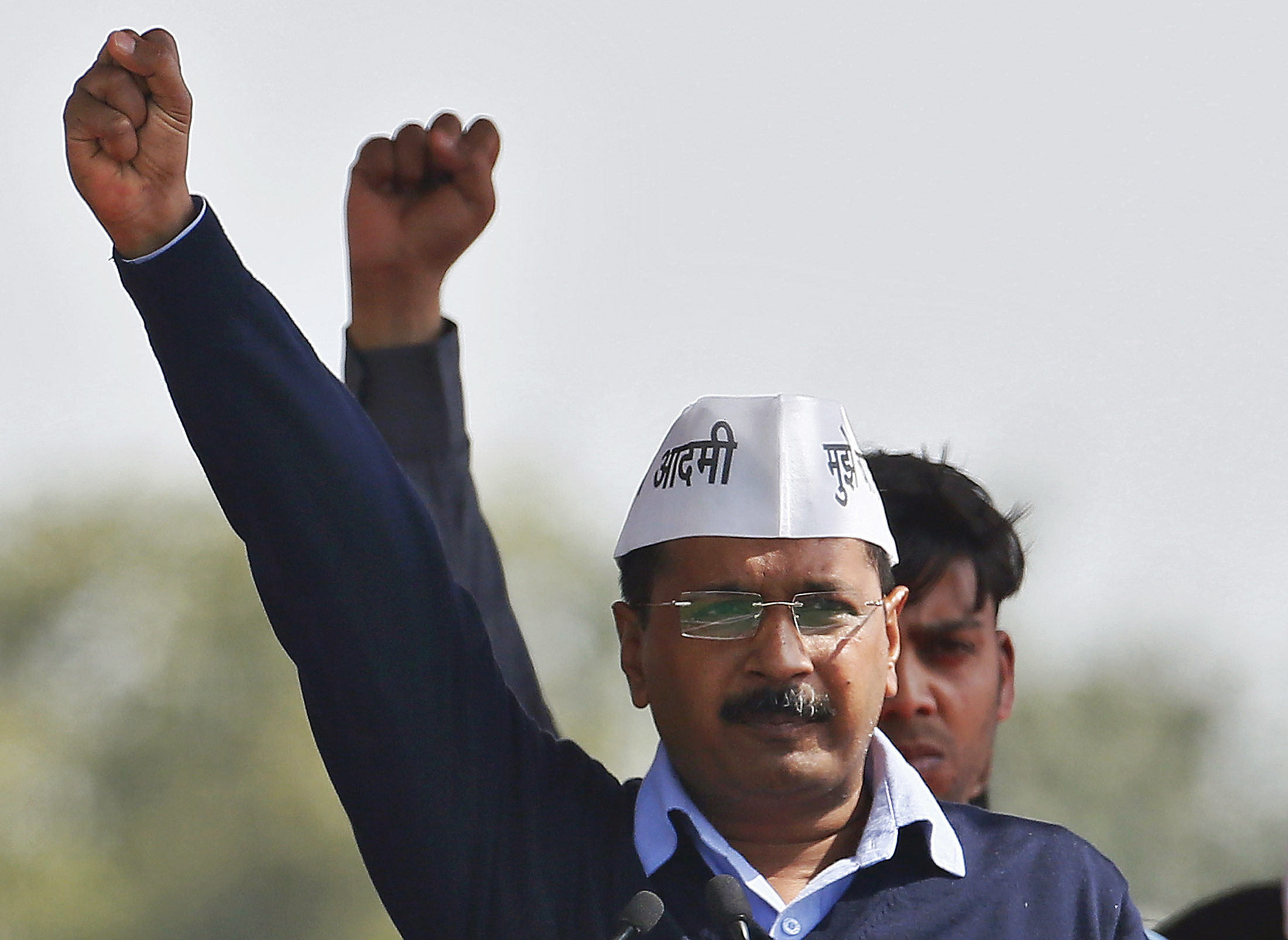In a significant development ahead of India’s ongoing national election, the Supreme Court has ordered the release of Arvind Kejriwal, a prominent opponent of Prime Minister Narendra Modi, on bail. Kejriwal, the Chief Minister of Delhi and a key figure in the opposition alliance challenging Modi, was detained in March amidst a corruption investigation. His release comes as a relief for his supporters and allows him to actively participate in the election campaign.
Kejriwal’s arrest earlier this year was met with accusations of being politically motivated, with members of his party alleging a conspiracy orchestrated by the ruling Bharatiya Janata Party (BJP). The Supreme Court’s decision to grant him bail until June 1, the final day of voting in the six-week-long election, provides him with the opportunity to engage in electoral activities.
The corruption probe against Kejriwal stems from his government’s policy to liberalize the sale of liquor in 2021, which subsequently led to allegations of corrupt allocation of licenses. While Kejriwal has consistently denied any wrongdoing, the investigation has resulted in the imprisonment of some of his top aides.
The release of Kejriwal underscores the broader concerns raised by Modi’s political opponents and international rights groups regarding the state of democracy in India. The BJP has faced criticism for allegedly using government institutions to target its political rivals, with instances like the conviction of Rahul Gandhi, a prominent opposition figure, on criminal charges.
Kejriwal and Gandhi are both part of an opposition alliance comprising over two dozen parties, collectively challenging Modi’s dominance in Indian politics. Despite the hurdles posed by ongoing criminal investigations, the alliance faces an uphill battle against Modi, whose popularity remains strong among certain segments of the population.
As India’s election unfolds, the decision to grant bail to Kejriwal adds a new dimension to the political landscape, highlighting the ongoing tensions between the ruling party and its opponents in the world’s largest democracy.
